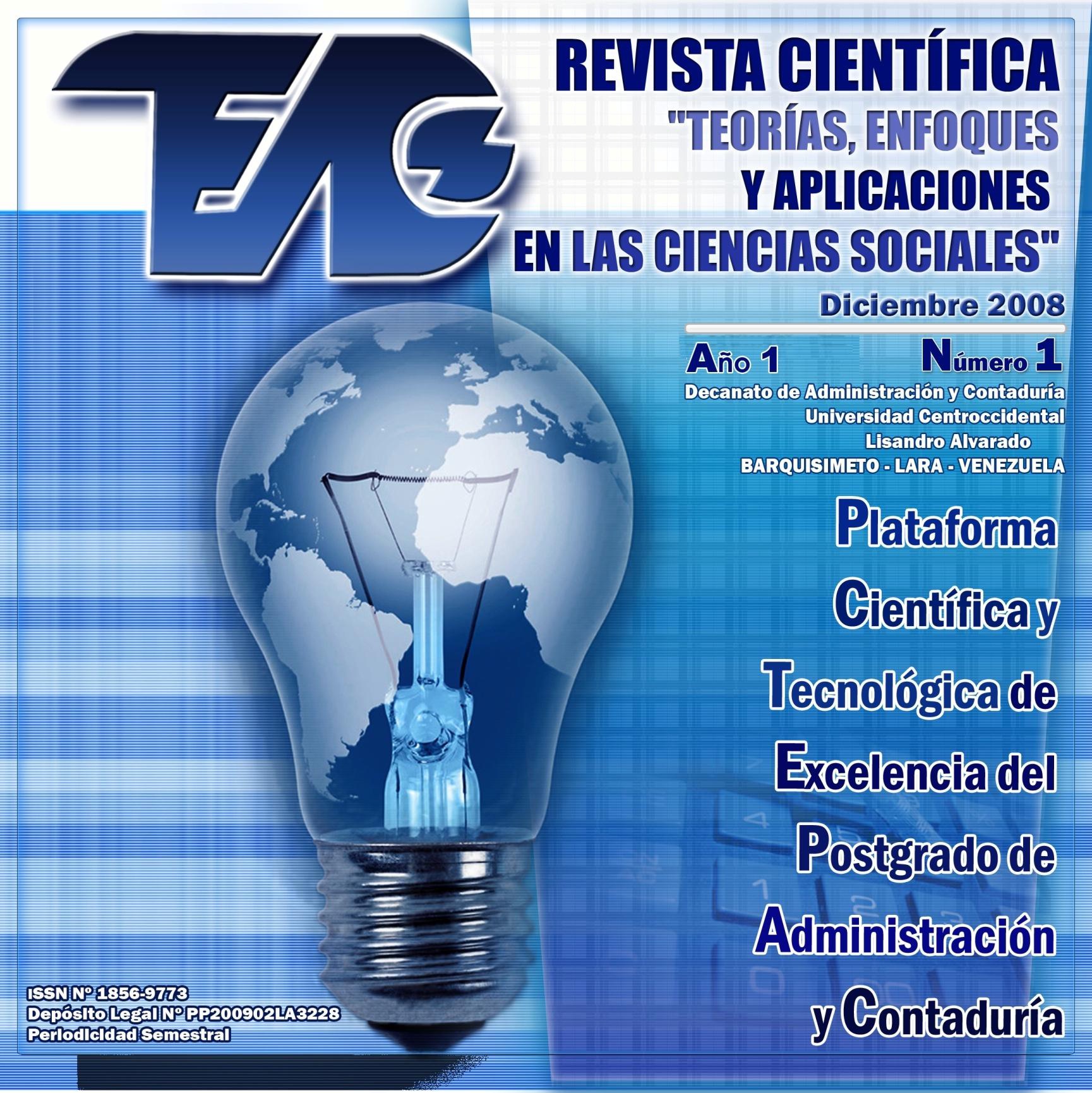Analysis of the implementation of the level of basic skills for emotional intelligence operations supervisors. Case: Pepsi-Cola C.A. Venezuela, Valencia Plant
Keywords:
emotional intelligence, emotional competencies, leadership, competitive strategyAbstract
This research has the purpose of analyzing the level of implementation of the core competencies of emotional intelligence monitors operations of the company Pepsi-Cola Venezuela CA Valencia plant to develop strategic proposals to close gaps and improve the climate in this way labor relation supervised and leveraging the strategic objectives of the organization. For the measurement was taken the instrument developed by Robert Cooper and Ayman Sawaf (2008) to objectively measure the level of development of each of the core competencies of emotional intelligence. Results from the instrument were analyzed using matrix DOFA from which they were drafted proposals to be considered by the company to ensure the optimum performance of the operations. The investigation and a descriptive study of field applied to a sample made up of finite monitors operations of the company in question. The main finding of the research is focused on providing the company with respect to a reference point for his team Supervisory opportunity to guide their strategies, which include training, competency assessment and feedback to achieve substantial improvements in leadership , Communication, organizational climate, motivation, continuous improvement, among others
Downloads
References
COVEY, S (2004) El Octavo Hábito. Editorial Paidos. Barcelona, España
COOPER R. y SAWAF A. (2008). La inteligencia emocional aplicada al liderazgo de las organizaciones. Editorial Norma. Barcelona, España
GOLEMAN, D. (1995a). Que define a un líder. Publicación Hay Group.
GOLEMAN, D. (1998b). Por qué la inteligencia emocional es más importante que el coeficiente intelectual. Editorial Norma. . Barcelona, España
GOLEMAN, D. (1998c). Inteligencia Emocional. Editorial Norma. . Barcelona, España
Published
How to Cite
Issue
Section

This work is licensed under a Creative Commons Attribution-NonCommercial-ShareAlike 4.0 International License.
Derechos del/de autor/es a partir del año de publicación
Esta obra está bajo la licencia:
Creative Commons Reconocimiento-NoComercial-CompartirIgual 4.0 Internacional (CC BY-NC-SA 4.0)
Las opiniones expresadas por los autores no necesariamente reflejan la postura del editor de la publicación ni de la UCLA. Se autoriza la reproducción total o parcial de los textos aquí publicados, siempre y cuando se cite la fuente completa y la dirección electrónica de esta revista. Los autores(as) tienen el derecho de utilizar sus artículos para cualquier propósito siempre y cuando se realice sin fines de lucro. Los autores(as) pueden publicar en internet o cualquier otro medio la versión final aprobada de su trabajo, luego que esta ha sido publicada en esta revista.



